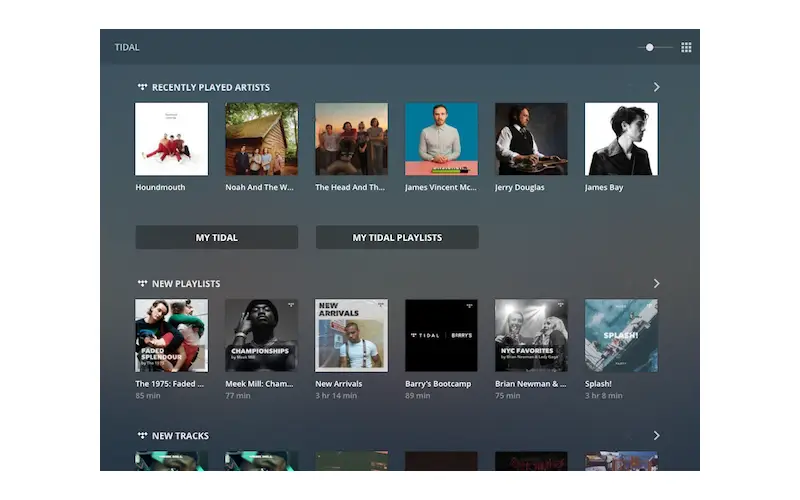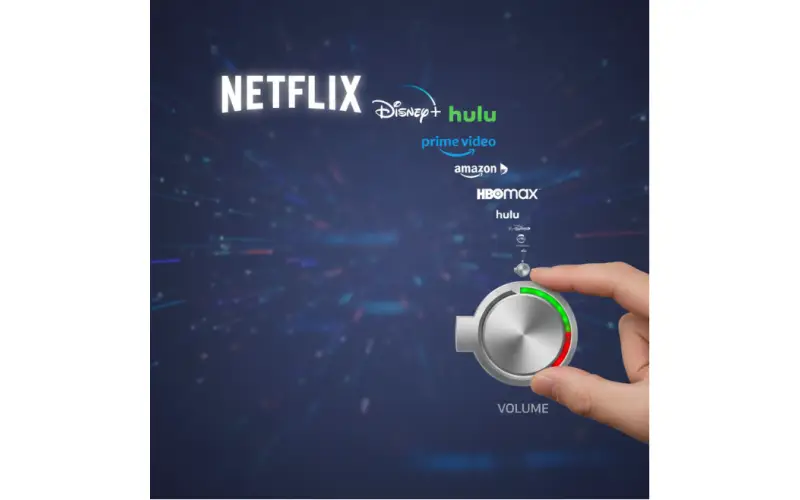By: Dipin Sehdev
A Streamlined Future, or a Sinking Ship?
Tidal, the music streaming service known for its focus on high-fidelity audio and artist-centric payouts, has been hit with another wave of layoffs. This comes just ten months after a previous round of cuts in December 2023. The news, delivered via an internal email from Block CEO Jack Dorsey, paints a picture of a company trying to recapture its early-stage agility in the face of a competitive market. However, the aggressive restructuring raises questions about the long-term viability of Tidal and its commitment to its differentiating features.
A "Much Smaller Team" Philosophy
Dorsey's email to staff emphasized the need for Tidal to operate "like a startup again." This translates to a significant reduction in workforce size. While the exact number of employees affected remains unclear, insiders estimate it could be as high as 100, representing roughly a quarter of Tidal's current staff.
The brunt of the cuts appears to be falling on non-technical departments. Product management, product marketing, and design teams will see significant reductions, with a focus on retaining core engineering talent. This streamlining suggests a shift in Tidal's strategic approach, potentially prioritizing technical development over user experience refinement and marketing efforts.
A History of Struggle
Tidal's path has been rocky since its inception in 2014, spearheaded by rapper Jay-Z. Despite its focus on high-fidelity audio and artist compensation, the platform has struggled to gain traction against established giants like Spotify and Apple Music. Block's acquisition of Tidal in 2021 for $300 million was met with skepticism, with a Reuters report from 2023 calling it a "terrible business decision."
The recent layoffs come amidst a larger trend in the music streaming market. Major players like Apple Music and Amazon Music have begun offering lossless audio tiers, directly challenging Tidal's core differentiator. This, coupled with the continued dominance of Spotify, may have contributed to Tidal's user base stagnation.
A Questionable Future for Integration and Innovation
One potential casualty of this restructuring is Tidal's integration with Roon, a popular music management software known for its advanced features and lossless audio compatibility. Roon users currently enjoy seamless integration with Tidal, allowing for a unified music library experience. However, with the decimation of Tidal's product and marketing departments, the future of this integration remains uncertain. Will Tidal prioritize maintaining these partnerships, or will they become casualties of the streamlining effort?
The Road Ahead for Tidal
Tidal's future remains shrouded in uncertainty. While the company claims to be focusing on serving artists "in the most meaningful way," the drastic reduction in non-technical roles raises questions about Tidal's ability to innovate and attract new users. With major players encroaching on its niche territory, Tidal needs a clear and compelling value proposition to carve out a sustainable market position.
Only time will tell if Dorsey's "startup mentality" approach can revive Tidal's fortunes or if this latest round of layoffs marks the beginning of the end for the high-fidelity streaming service.
Do you have any insights on the future of Tidal or the music streaming landscape? We encourage industry professionals to reach out to support@CECritic.com with any news tips or information.





